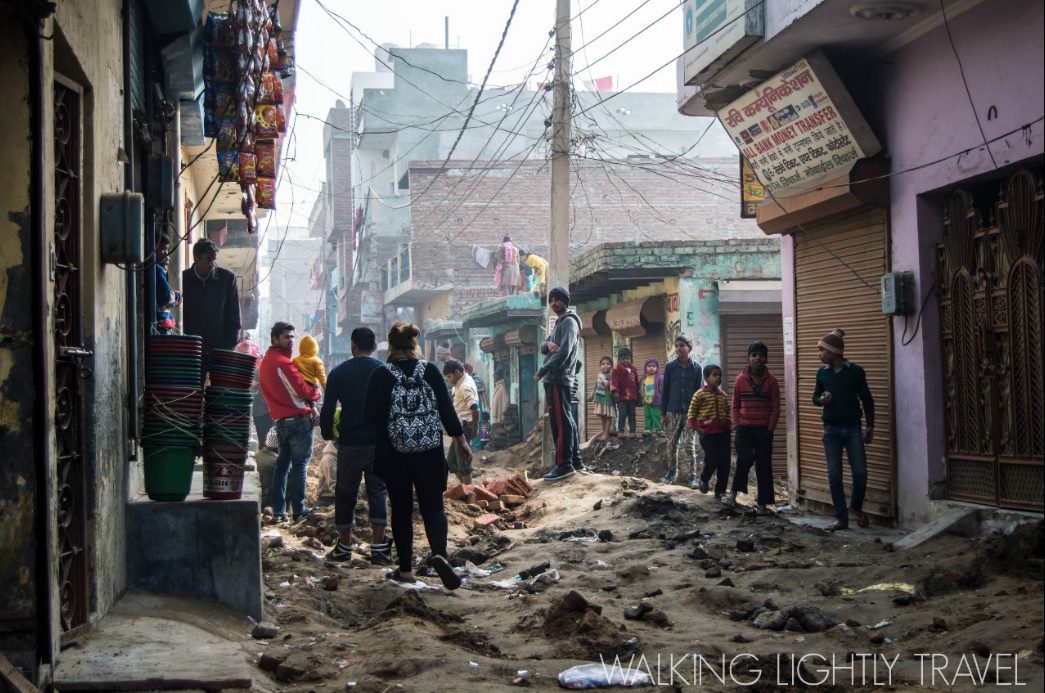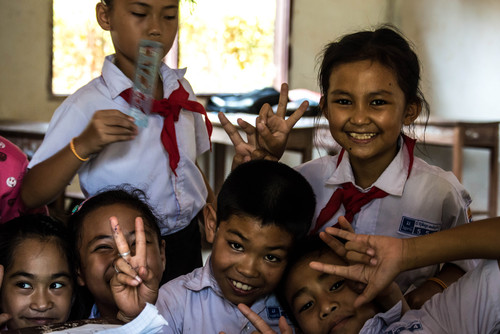Caroline Thee spent time her gap year in India teaching in the slums of India which turned into an eye opening and life changing experience.
Here she shares her experience of what to expect and some top tips if you are planning to apply.
1. You will be spending money
The education system in India is light-years behind the western world. Now go into the slums and intensify the need for reform times ten. The result – no resources. No resources for the students, no resources for the teachers, no resources for the teachers to help engage and teach the students.
This being said, money will need to be spent on posters, paper, markers, décor for the classroom, or any sort of realia (real-life props) that can be brought into the classroom to grab the students’ attention long enough to complete a meaningful lesson. Ahem… fundraising is a good idea!
2. Study the cultural norms
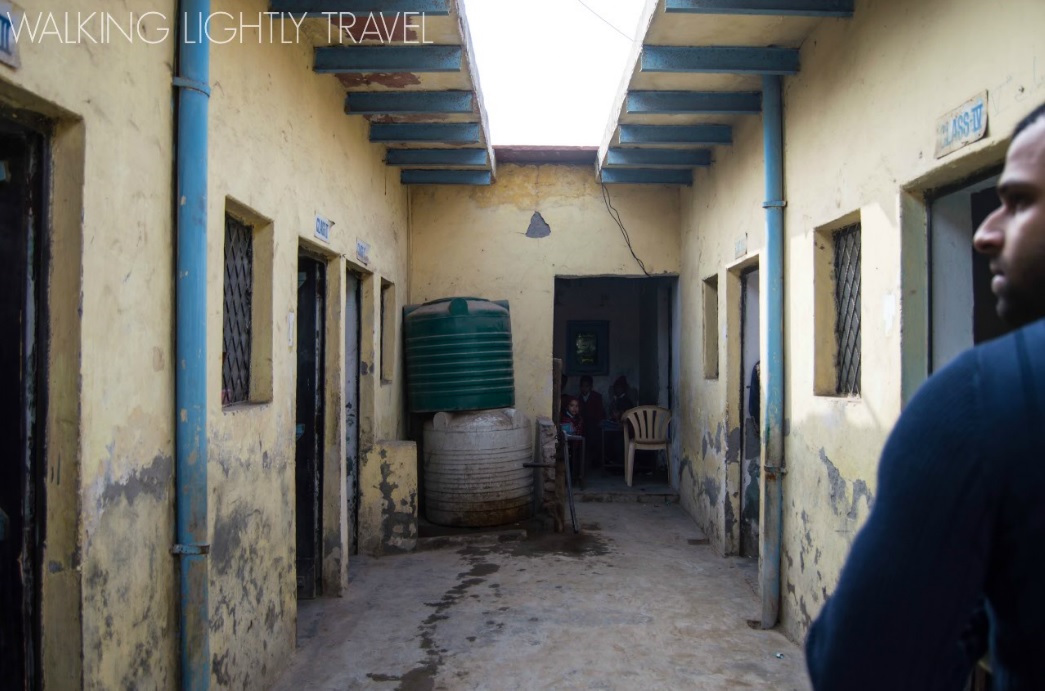
These norms go far beyond what not to wear. Attempting to understand the more daunting cultural issues occurring in India will enlighten your classroom experience tenfold. Most likely indirectly, the topics of gender roles, rape culture, child labor, child marriage, political corruption, etc. will all arise in the classroom.
For example, why are there hardly any secondary school aged girls in your class? Probably because there are no female bathrooms, they fear for their safety, they have to work at home, they have to work in the streets, they are married, they have children – the list can go on and on.
Even just basic awareness in these areas will allow the class to be taught more effectively, because culturally inappropriate topics will be avoided and a basic understanding will lead you to be… well… more understanding.
3. It’s Henglish, not English
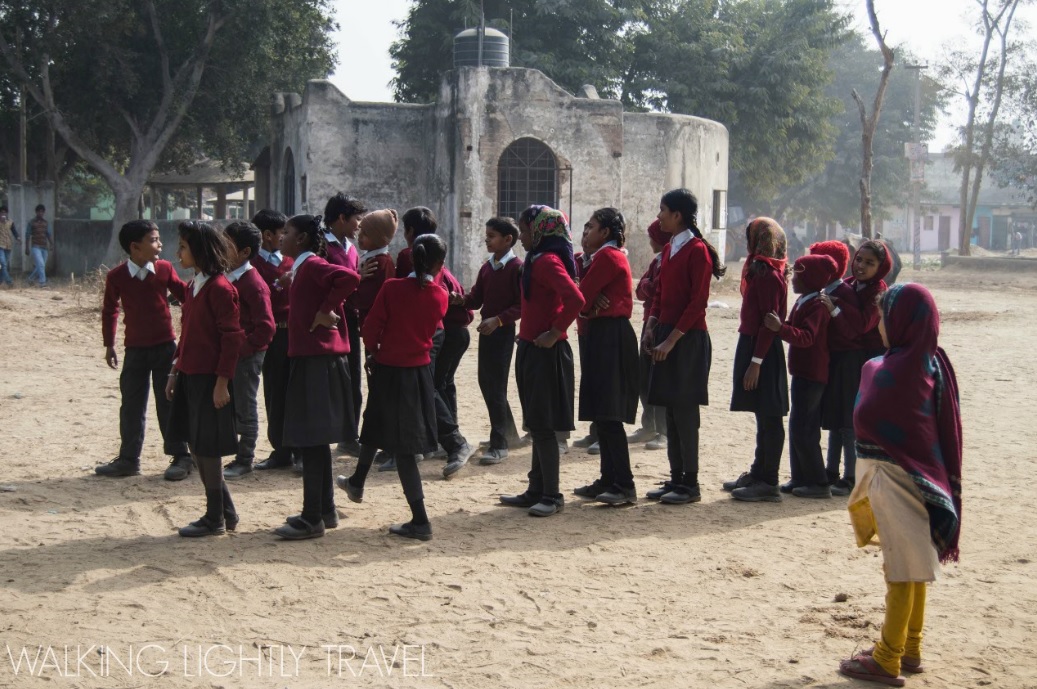
There is an unofficial language in India – Henglish. Henglish is the product of a lot of Hindi mixed with a little English, therefore leaving you with a language that rapidly flies off the tongues of locals as you pretend to understand while you smile and nod politely. It is an indicator that the people of India desire to have their beloved Hindustan resemble the western world more and more.
As cool as Henglish is linguistically, it is the most English you are likely to hear while teaching in the slums. Although being fluent in the language of the country you are teaching in is not a necessity to teach English, it might be worth brushing up on your Hindi to at least be able to communicate with the staff at your workplace.
Tip: just don’t let the students know you speak Hindi! They will use it as a crutch in class instead of trying to use their newly acquired English skills.
4. Games, games, games
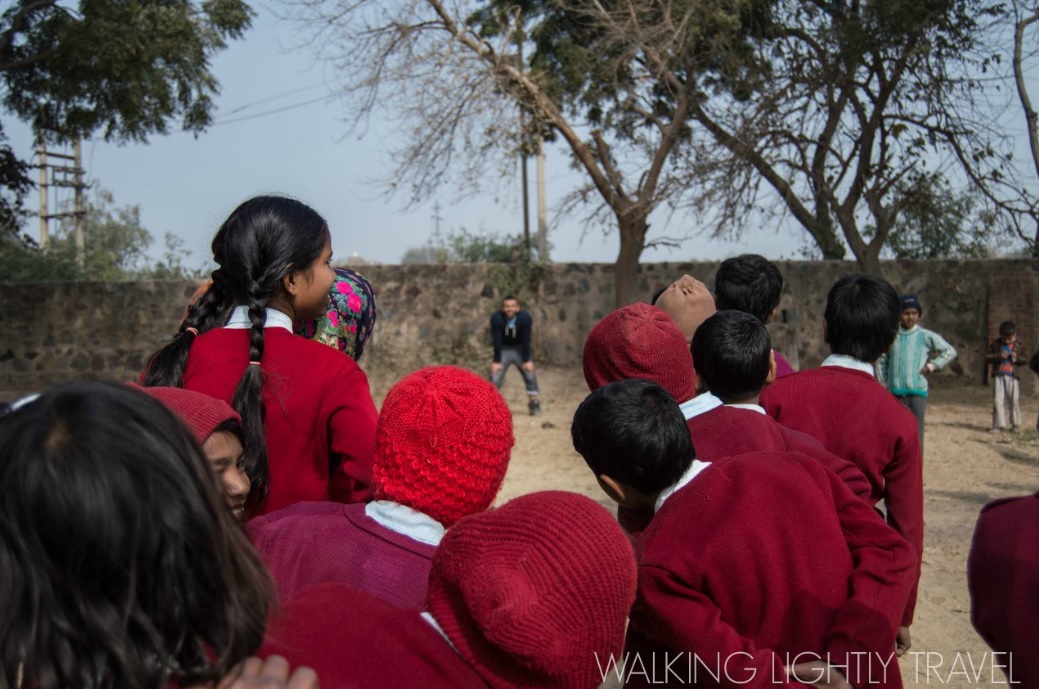
When teaching English in India you will need to improvise and use your creativity. Running games, speaking games, writing games, board games, card games, memory games, any games!
Your class is likely to be made up of students that do not meet their actual grade level requirements. This means that half of your students might know how to read English and hold a conversation, while the other half of your students might know only how to sing the alphabet.
Games are a great way to keep the students that already know the subject matter entertained and practicing their language skills at their level, while the other students who do not know the subject matter can be challenged while learning in a way that they can enjoy.
5. Just because you are the teacher, does not mean you will be teaching
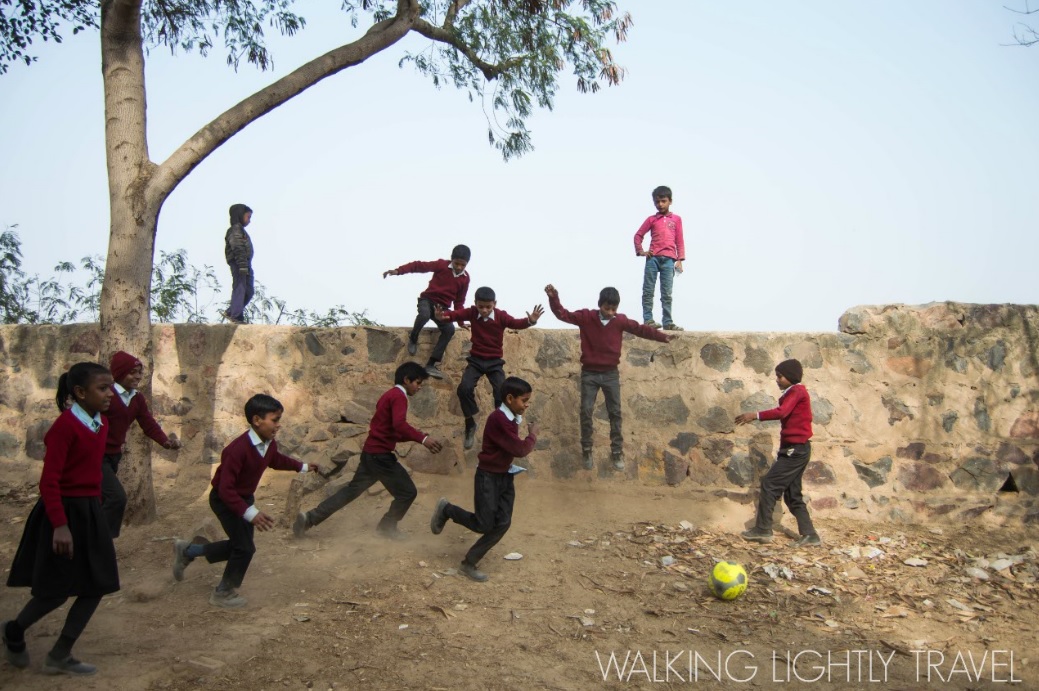
There is so much to learn while teaching in the slums. Your eyes and heart will be opened as you see the potential and yearning these young students have.
At times you will feel hopeless, useless, wrong, over privileged, impatient and mean. However, at other times you will feel helpful, maternal, correct, inspiring and inspired.
When volunteering in India there will be good days and bad days, and it will, without a doubt, be a challenge, but with a great challenge can come a great reward.
Who knows, you might be the reason a child decides to continue their education, and in India the difference between being uneducated and educated can make a world of difference.
By Caroline Thee
Caroline arranged her placement in India with the International Volunteer HQ, she joined the IVHQ teaching volunteering program in India.
Related Pages

